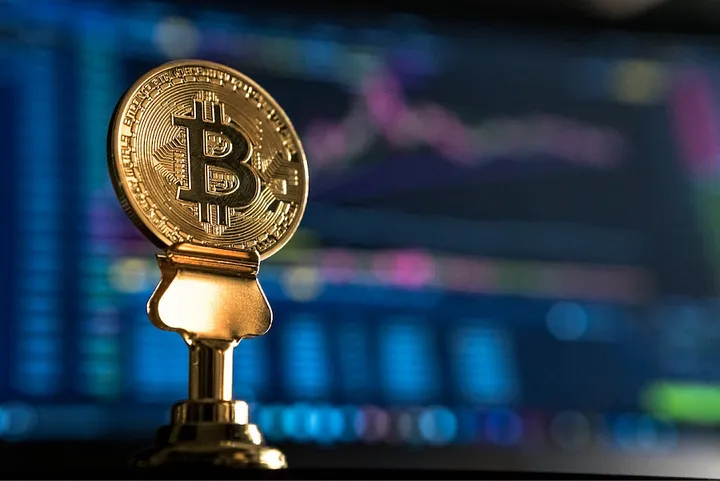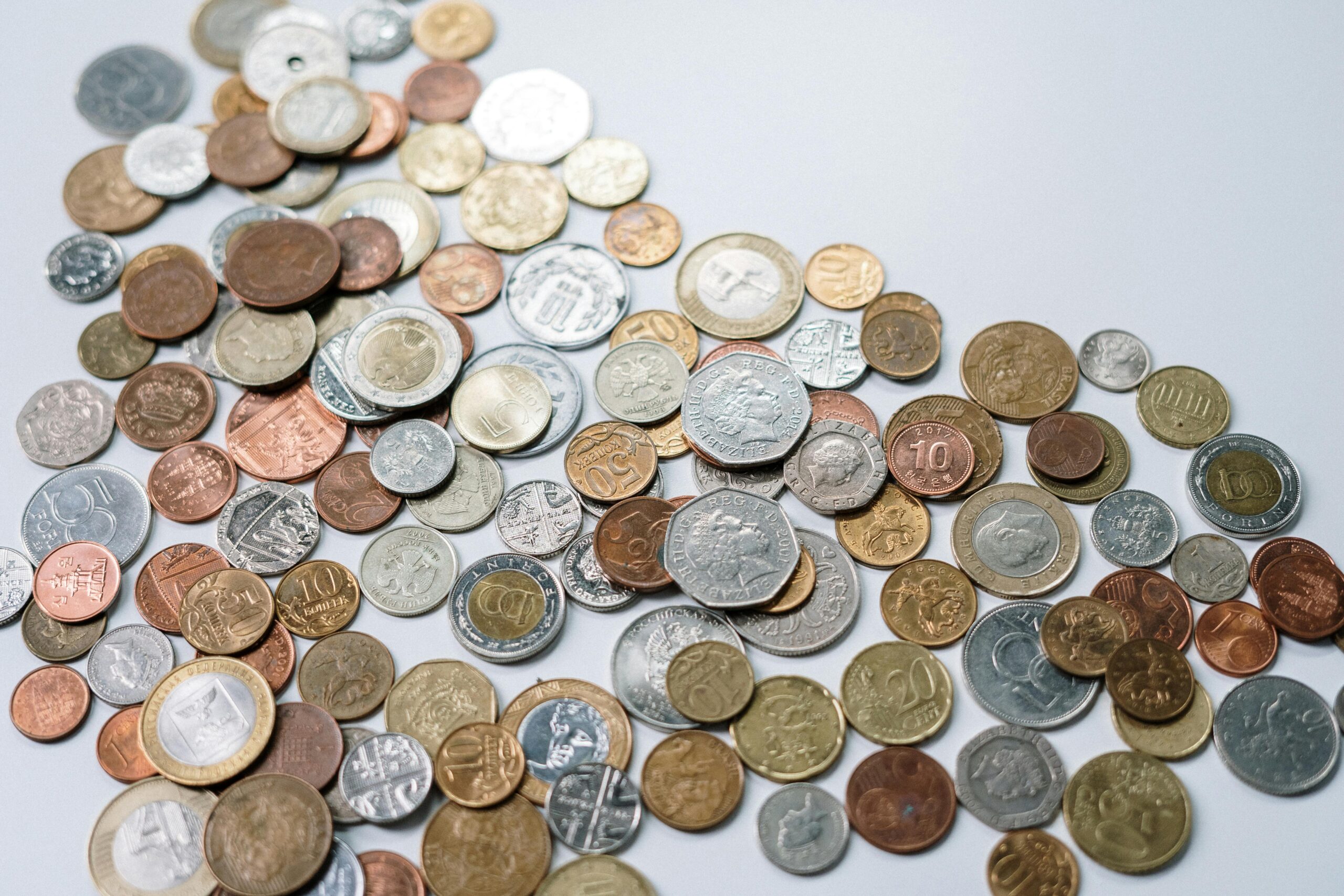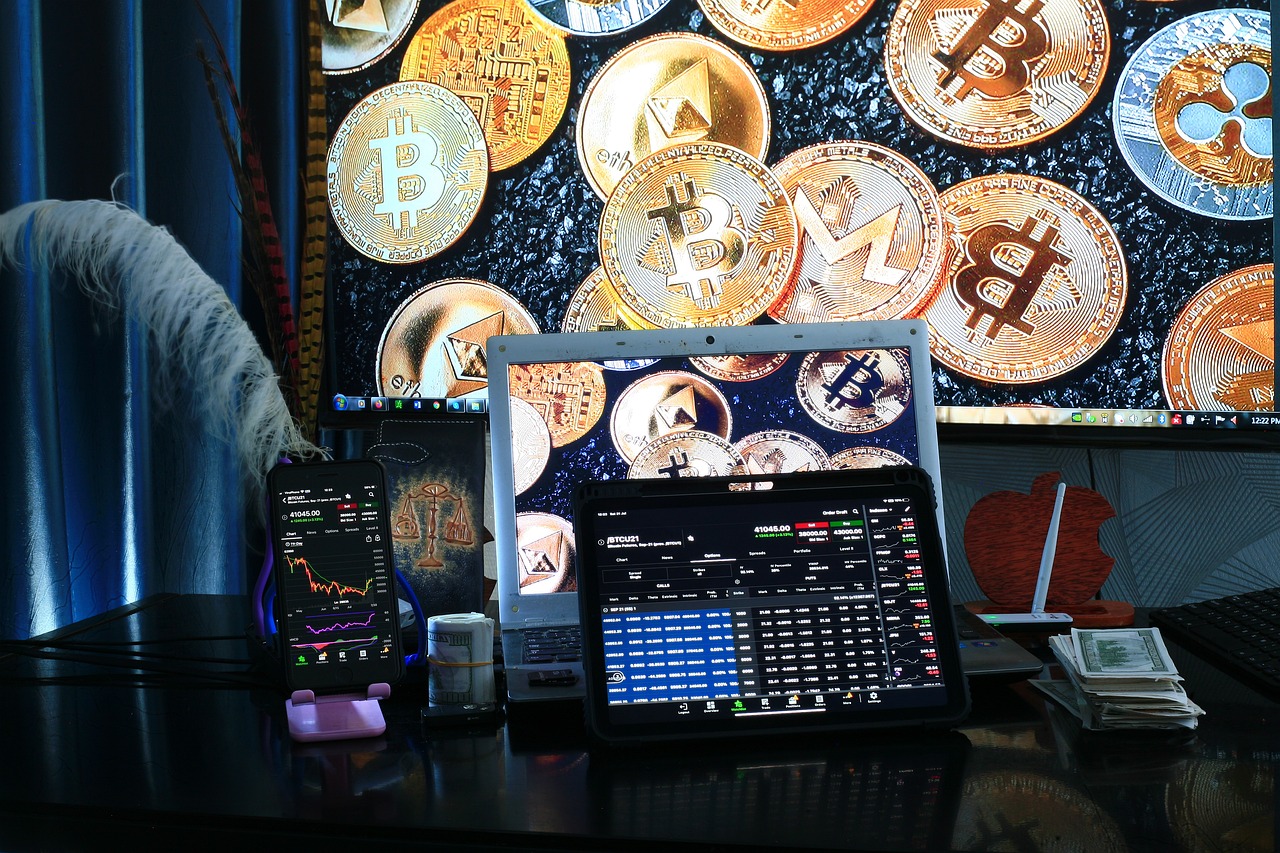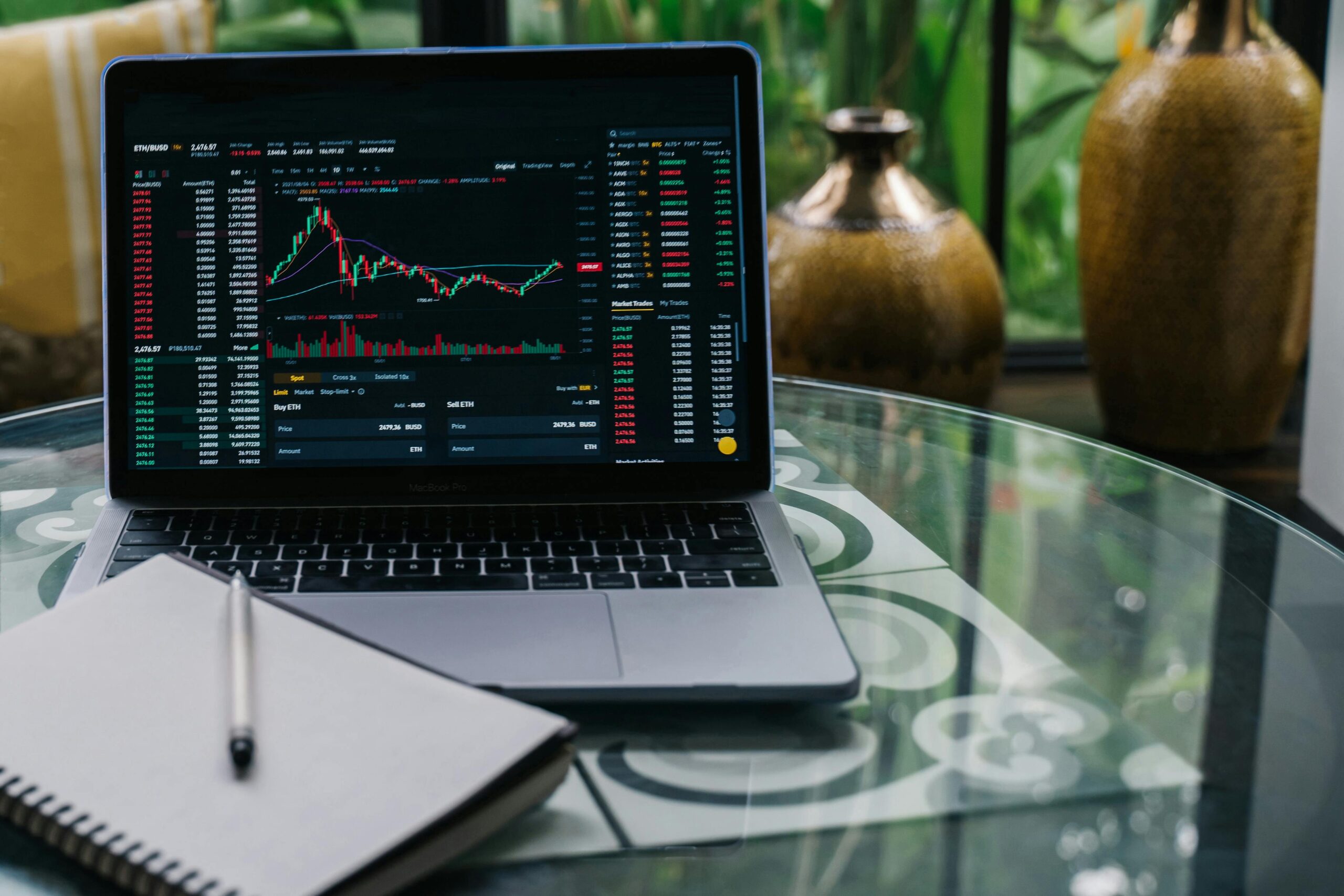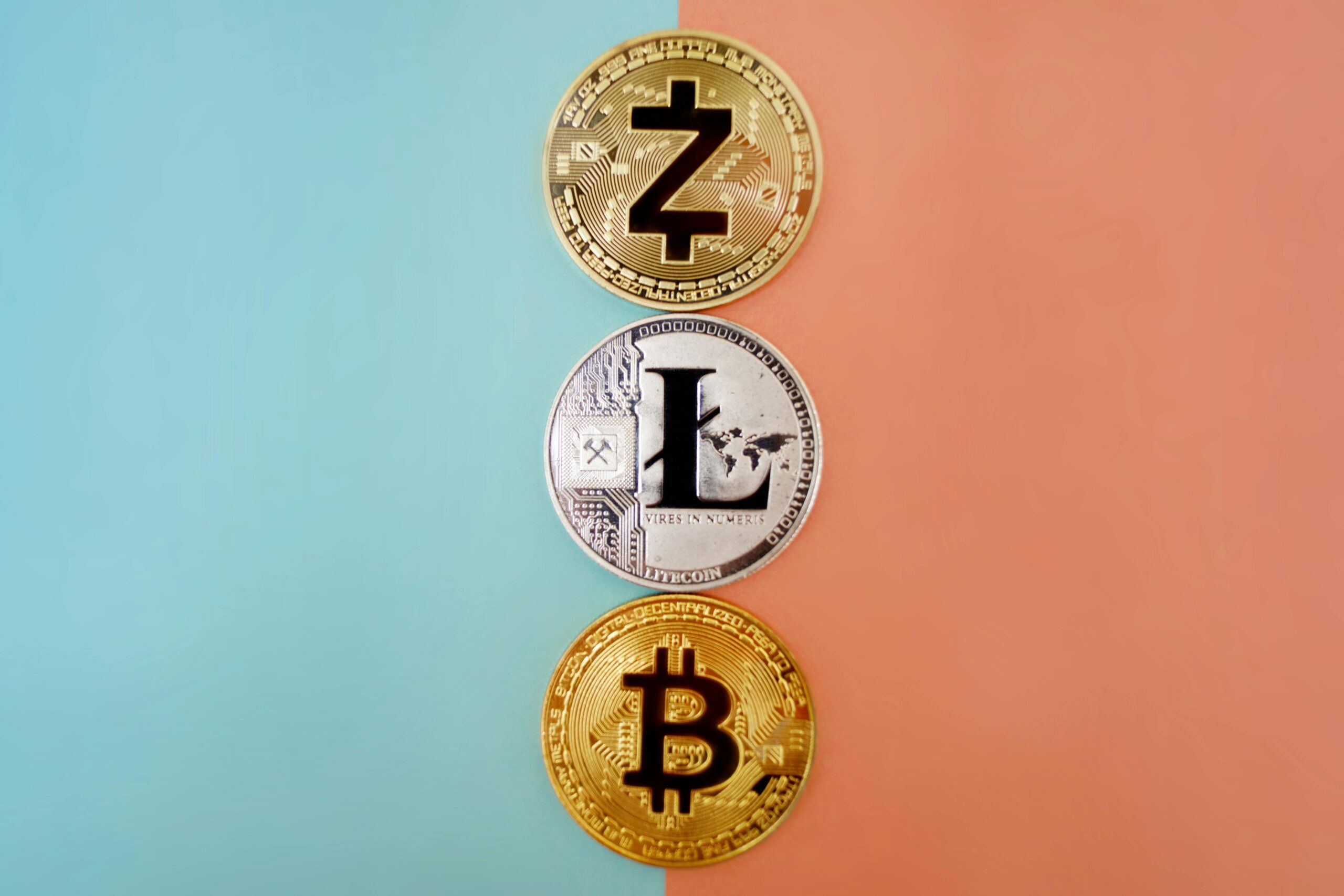A noodle restaurant close to my house scammed many of its customers. It offered a prepaid card where if you paid several hundred dollars upfront, you would get a discount — the more dollars you prepaid, the bigger the discount. So for example, if you put in $300, you might get a dining card redeemable for $350 worth of noodles. That sounds good — after all, Costco does it too. But this particular noodle shop was run by some shady individuals. Once they sold enough of these prepaid cards they closed up shop and vanished. Customers expecting to eat a lot of noodles over the next few months were stuck instead with thousands of dollars in losses.
I tell this story because it reminds me a lot of crypto scams such as the fake ICOs where people were sold fictitious and worthless coins in return for their Bitcoin or Ether. But if you step back, traditional financial markets are rife with frauds and scams too (Bernie Madoff anyone?). Any market that’s opaque, fast moving, and hard to regulate (e.g. derivatives) invites unscrupulous folk who believe they can make a killing by remaining one step ahead of regulators. So it shouldn’t have surprised anyone that crypto, which was already naturally attractive to criminals and money launderers , would be attractive to scammers as well.
Crypto as an asset class
But at the end of the day, cryptos, especially the established coins like Bitcoin, are money. As skeptical as I’ve been of it, I can’t deny that millions of people are paid in crypto and millions more use it to transact and save. And now it’s also becoming more and more of an asset class to big traditional investors. That partially explains Bitcoin’s rise this year during a time when the dollar (thanks to higher relative interest rates and a strong economy) was also quite strong.
As an asset class, Bitcoin has a few things going for it — low correlations to other assets, higher historical returns over the past few years than gold (Bitcoin is viewed as a substitute for gold as neither can be printed unlike paper currencies), and a fixed supply.
Even crypto’s high risk can be viewed positively if you squint. Thanks to its substantial volatility, you don’t need to invest too much for it to have an impact on your portfolio’s behavior and returns.
The cons of crypto
On the flip side, volatility is volatility and any asset that can give up 80% of its value in a few short weeks will always be regarded with skepticism by many. And like gold, it can’t be valued — it produces no cash flows and at least in theory derives its value by being a counterpoint to fiat currencies which can be more easily printed and manipulated. But are fiat currencies so unattractive that a single Bitcoin should be worth $50K? It’s impossible to be sure — but thanks to its volatility, faith in Bitcoin is a gamble indeed.
And that brings me to my next point — it’s not just scammers; the crypto ecosystem is filled with gamblers as well. These punters are just looking for whatever provides the most volatility, liquidity, and convenience for making bets. Crypto (especially Bitcoin) with its liquid exchanges, huge whipsaws, and 24–7 market availability fits the bill. But when gamblers make up a significant portion of a market, it adds a lot of financial fragility. Gamblers employ significant leverage, which means that blow ups even at the exchange level (thanks to crappy regulation and risk controls) can and will happen. Ironically, it’s the good and healthy parts of Bitcoin and Ether that attract the gamblers and that raise the volatility.
Lastly, one must not forget that Bitcoin is just a brand of crypto. Besides being the first and most well known, it’s not fundamentally different from its younger cousins, just as a Chanel bag is still just a leather bag. So while the world will always have a fixed amount of Bitcoin — there’s no limit to the amount of crypto that could be for a lack of a better word printed. The return of the Bitcoin bull market will likely bring with it a new wave of scams and crashes as frauds and gamblers swarm the market once again.






